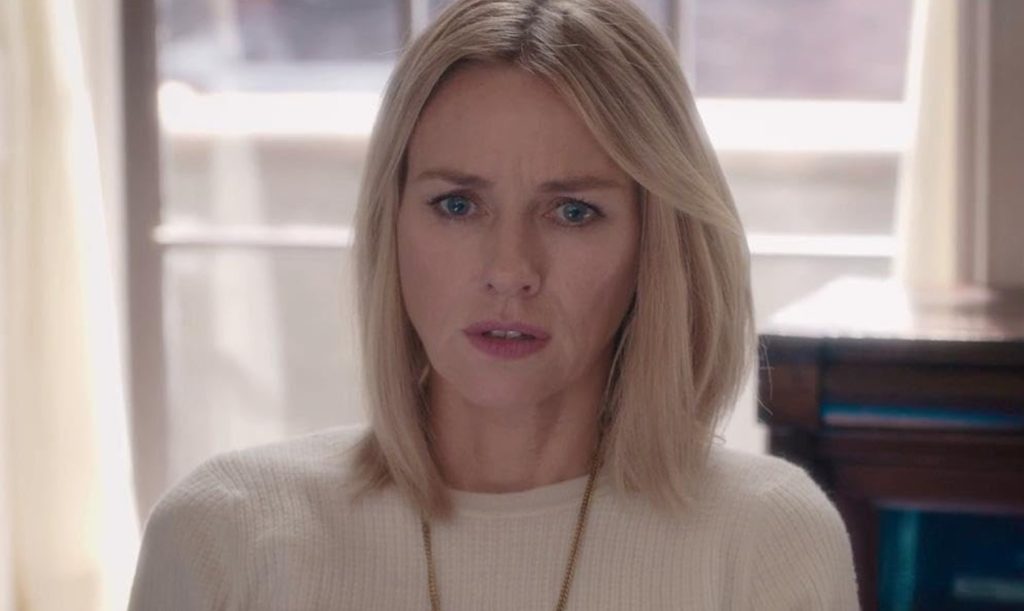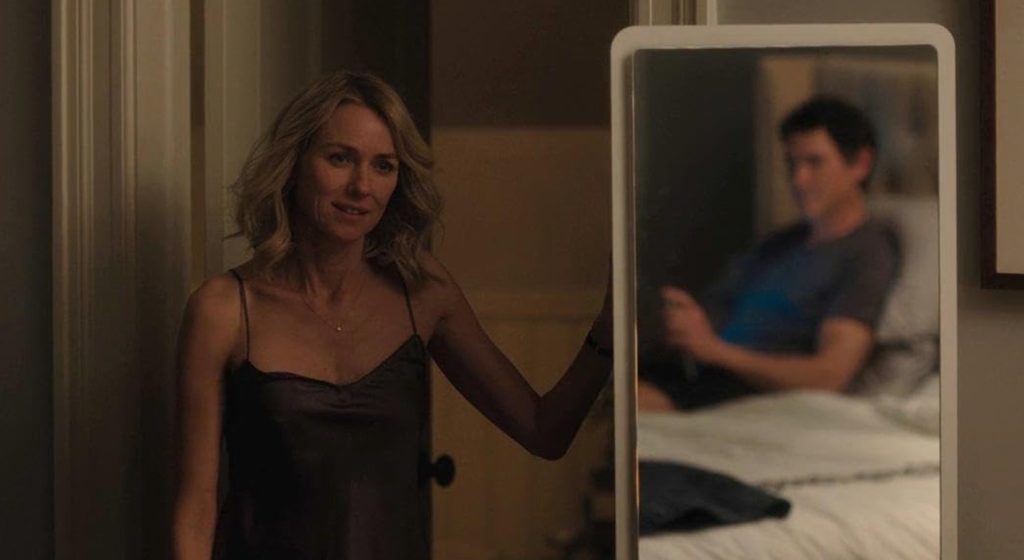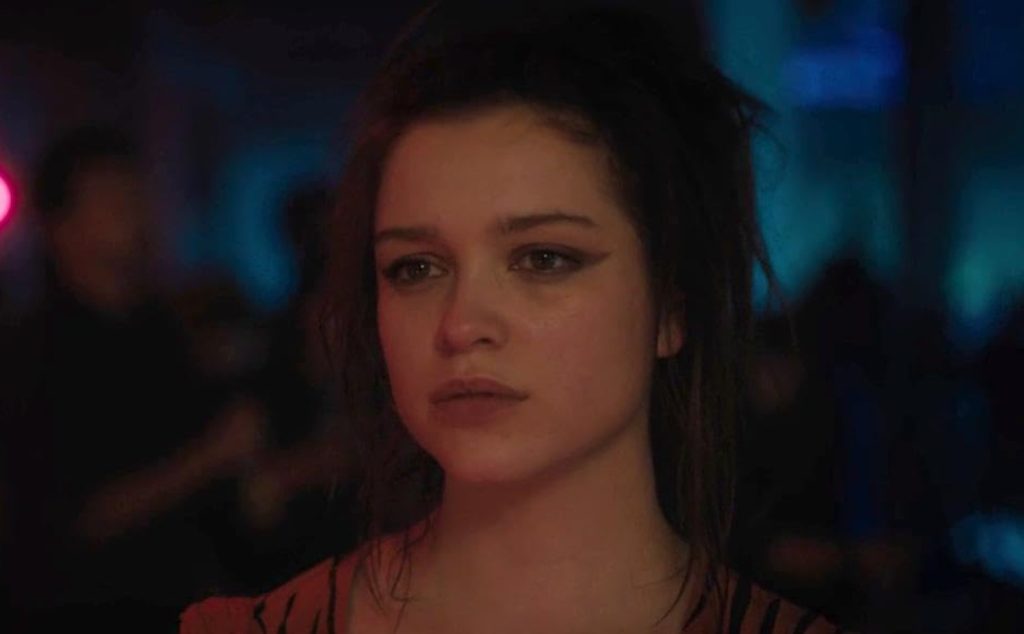
When Netflix released Gypsy in 2017, it was met with immediate curiosity and debate. Starring Naomi Watts in a deeply introspective and provocative role, Gypsy explores the dangerous intersection between professional ethics and personal obsession. This psychological thriller series is not just another story about therapy or deception—it’s a layered examination of identity, desire, control, and the thin line between fantasy and reality. Through its rich storytelling, haunting visuals, and magnetic performances, Gypsy firmly establishes itself as a bold and boundary-pushing drama that deserves a second look.
The heart of Gypsy lies in the character of Jean Holloway, a respected New York-based therapist whose professional facade hides a world of emotional chaos. Jean, portrayed with incredible nuance by Naomi Watts, begins to cross boundaries with her patients—not just emotionally, but physically. She assumes a secret alter-ego named Diane Hart, using it to infiltrate the personal lives of the people connected to her therapy sessions. This dual existence becomes the central conflict of Gypsy, unraveling both Jean’s sense of self and the structured life she’s built.
One of the most captivating elements of Gypsy is its psychological complexity. Jean isn’t a typical protagonist; she’s flawed, manipulative, vulnerable, and driven by a powerful inner turmoil. Through her, Gypsy examines the idea that the roles we play—whether in our relationships, careers, or even within ourselves—are often masks designed to hide our real desires. The show doesn’t paint Jean as a villain or hero, but rather as a deeply human character navigating her own emotional labyrinth.
Gypsy uses therapy sessions as a narrative tool, allowing viewers to peer into the lives of Jean’s patients while also reflecting her own psychological unraveling. These sessions serve as mirrors, subtly echoing Jean’s personal conflicts and desires. The writing in Gypsy is smart and deliberate, offering just enough to keep audiences hooked without spoon-feeding the story. Each episode peels back another layer of Jean’s life, making Gypsy a slow-burn thriller that rewards patient viewers with rich emotional depth.
Visually, Gypsy is a masterclass in mood and tone. The series employs a muted, stylish aesthetic that complements its psychological themes. From moody lighting to intimate camera work, every frame of Gypsy reinforces its underlying tension. The show’s New York setting plays a vital role too—gritty yet glamorous, it reflects Jean’s internal conflict between control and chaos. The visual storytelling in Gypsy subtly underscores how appearances can be deceiving and how even the most structured lives can fall into disarray.

Naomi Watts is, without a doubt, the linchpin of Gypsy. Her portrayal of Jean is both fearless and fragile. She captures the character’s contradictions—her longing for connection versus her tendency to sabotage, her empathy versus her manipulation. Watts brings an emotional honesty to the role that elevates the entire show. Her chemistry with the supporting cast, particularly Sophie Cookson (who plays Sidney, a seductive and mysterious woman Jean becomes involved with), adds layers of intrigue and passion that make Gypsy electric to watch.
The relationship between Jean and Sidney is one of the most compelling aspects of Gypsy. It’s sensual, volatile, and symbolic of Jean’s internal struggle. Sidney represents freedom, rebellion, and raw emotion—the antithesis of Jean’s carefully curated world. As Jean’s obsession with Sidney deepens, Gypsy blurs the lines between truth and delusion, showing how desire can consume and transform us. This dynamic not only adds a thrilling romantic subplot but also underscores the broader theme of identity in Gypsy.

What sets Gypsy apart from other psychological dramas is its refusal to conform to traditional storytelling. It doesn’t rely on shocking plot twists or dramatic confrontations. Instead, Gypsy builds its tension through character development and emotional stakes. It explores the quiet moments where real transformation happens—the lies we tell ourselves, the roles we play in public versus private, and the haunting allure of what we’re not supposed to want. This introspective approach makes Gypsy a unique and intellectually engaging series.
Another strength of Gypsy lies in its soundtrack. Music is used to enhance the atmosphere, often reflecting Jean’s emotional state or reinforcing the duality of her life. The haunting title track, Stevie Nicks’ “Gypsy,” perfectly encapsulates the series’ themes of wandering souls and identity searching. Throughout the show, the music creates a dreamlike quality that draws the viewer deeper into Jean’s world, making Gypsy as much an auditory experience as a visual one.
Despite its artistic ambition, Gypsy was met with mixed reviews upon release, with critics divided over its pacing and character focus. Some found the slow-burning narrative too subtle, while others praised its depth and psychological realism. However, with the benefit of hindsight, Gypsy can be appreciated for its boldness and complexity. It dared to portray a female protagonist who is not traditionally likable, but intensely real. In doing so, Gypsy contributed to the evolving conversation around women in television and the kinds of stories worth telling.

Gypsy also deserves credit for its exploration of sexuality, particularly in how it portrays Jean’s fluid desires. The show avoids labeling her experiences, instead presenting sexuality as something personal, evolving, and emotionally driven. This nuanced approach adds to the realism of Gypsy, making it resonate with viewers who crave authenticity in on-screen representation. Jean’s encounters with Sidney, while erotic and emotionally charged, are never gratuitous—they serve to deepen our understanding of her inner world.
From an SEO standpoint, the keyword Gypsy is not only central to the show’s identity but also a strong search term for fans of psychological thrillers, Naomi Watts, and Netflix original content. Crafting content around the keyword Gypsy can tap into the growing interest in character-driven dramas and female-led narratives. As viewers continue to seek out emotionally rich and thought-provoking shows, Gypsy remains a prime candidate for rediscovery.
While it’s disappointing that Gypsy was canceled after just one season, its single season remains a powerful and complete narrative experience. The series ends on an ambiguous note, leaving viewers with questions that linger long after the final episode. This open-ended conclusion is fitting for a show like Gypsy, which is more about the journey of self-discovery than reaching a tidy resolution. In a way, the ending mirrors real life—messy, uncertain, and full of emotional echoes.

Gypsy stands as a testament to the power of storytelling that dares to be different. It doesn’t follow formulas or cater to instant gratification. Instead, it trusts the audience to engage deeply, to think, and to feel. With its rich characters, psychological insight, and emotional resonance, Gypsy offers an unforgettable viewing experience that challenges, seduces, and intrigues. It’s not just a show—it’s an exploration of what it means to be human.
For fans of psychological dramas, Gypsy offers a hidden gem that is worth revisiting. Its themes of identity, desire, and self-deception are as relevant now as they were in 2017. Whether you’re watching for Naomi Watts’ masterful performance, the emotional storytelling, or the sleek aesthetic, Gypsy delivers a powerful, thought-provoking experience.
In conclusion, Gypsy is a bold and intelligent psychological thriller that delves deep into the complexities of identity and emotional desire. Naomi Watts gives a career-defining performance as Jean Holloway, a woman caught between reality and fantasy, truth and deception. With its compelling narrative, stylish direction, and haunting emotional undertones, Gypsy remains a standout series in the Netflix library. If you’re looking for a show that challenges you, moves you, and leaves you thinking long after it ends, Gypsy is the series to watch.





